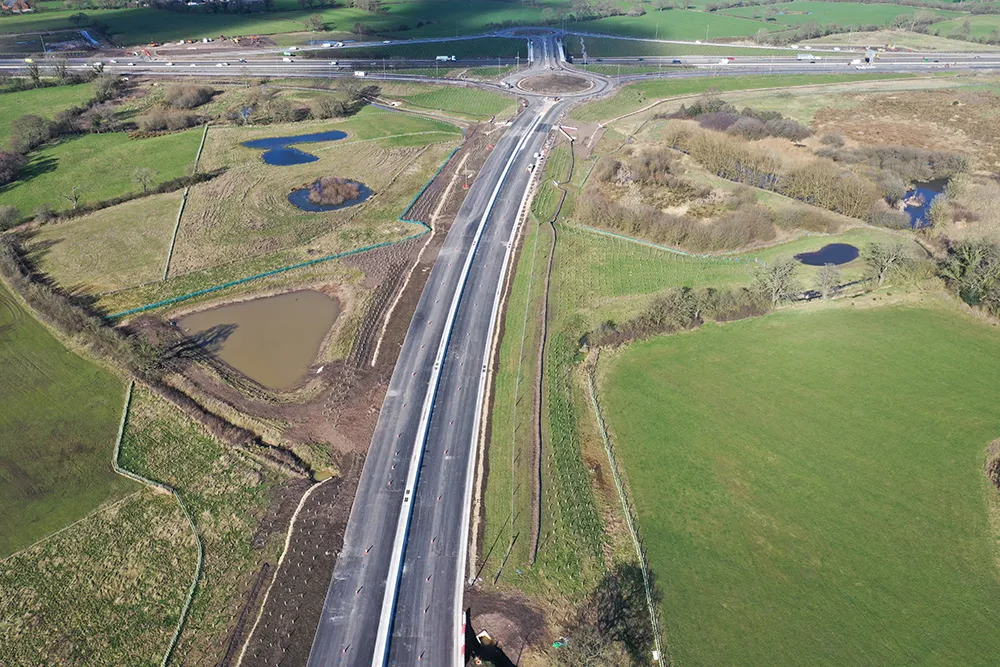The Russian government said it intends to spend nearly US$216 million building the Kirov western bypass.
Construction of the 21.5km highway will start in 2017 at a bridge across the Vyatka River to the Kirov-Sovetsk-Yaransk interchange.
Three interchanges and seven overpasses will also be built. The project will be carried out under the public-private partnership scheme.
February 18, 2016
Read time: 1 min
The Russian government said it intends to spend nearly US$216 million building the Kirov western bypass.
Construction of the 21.5km highway will start in 2017 at a bridge across the Vyatka River to the Kirov-Sovetsk-Yaransk interchange.
Three interchanges and seven overpasses will also be built. The project will be carried out under the public-private partnership scheme.
Construction of the 21.5km highway will start in 2017 at a bridge across the Vyatka River to the Kirov-Sovetsk-Yaransk interchange.
Three interchanges and seven overpasses will also be built. The project will be carried out under the public-private partnership scheme.







